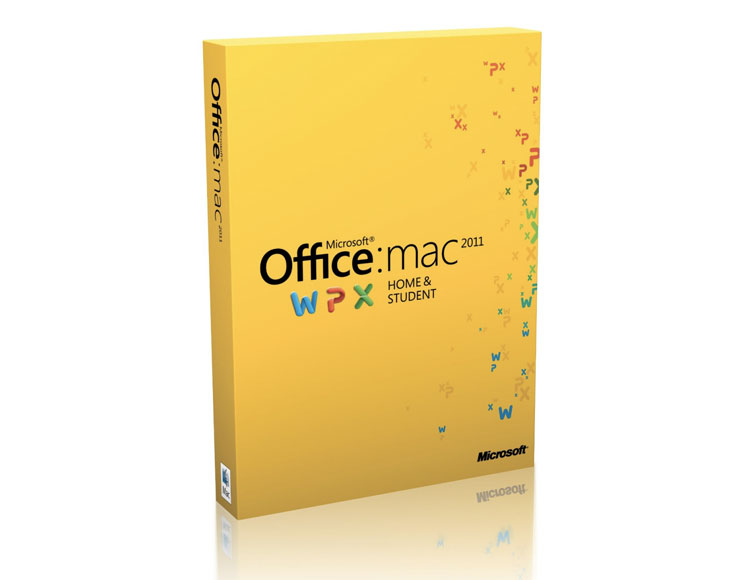Microsoft Error Reporting When Logging Out Mac
Apr 16, 2018 The application Microsoft Excel quit unexpectedly. Mac OS X and other applications are not affected. Click relaunch to launch the application again. Click report to see more details or send a report to Apple. Sending meeting updates with REST calendar sharing feature in Outlook for Mac. Categories no longer appear in the sidebar of individual calendars. Known issues syncing Google accounts to the Microsoft Cloud. Automated troubleshooting tools. Use the following tools to resolve various Outlook for Mac issues.
Microsoft Error Reporting Mac Update
-->- If you move the Microsoft User Data folder in Documents to the Desktop, can you open Word without an error? If no, CREATE A NEW USER Go to System Preferences Create a New User in Accounts (Users & Groups). Switch to the New User by logging out under the Apple in the Menu bar or use Fast User Switching.
- Jun 04, 2019 To enable logging in Outlook 2016 for Mac, follow these steps: Enable logging. On the Window menu, click Sync Errors. In the Sync Errors window, click the Gear icon. Select the Turn on logging for troubleshooting option, and then click OK.
A report server and report server environment uses a variety of log destinations to record information about server operations and status. There are two basic categories of logging, execution logging and trace logging. Execution logging includes information about report execution statistics, auditing, performance diagnosis and optimization. Trace logging is information about error messages and general diagnostics.
Applies to: Reporting Services SharePoint mode Reporting Services Native mode
The following table provides links to additional information about each log, including the log location and how to view the log contents.
| Log | Description |
|---|---|
| Report Server ExecutionLog and the ExecutionLog3 View | The execution log is a SQL Server view stored in the report server database. The report server execution log contains data about specific reports, including when a report was run, who ran it, where it was delivered, and which rendering format was used. |
| SharePoint trace log | For report servers running in SharePoint, the SharePoint trace logs contains Reporting Services information. You can also configure SSRS specific information for the SharePoint Unified Logging service. For more information, see Turn on Reporting Services events for the SharePoint trace log (ULS) |
| Report Server Service Trace Log | The service trace log contains very detailed information that is useful if you are debugging an application or investigating an issue or event. The trace log files are ReportServerService_<timestamp>.log and are located in the following folder: In SQL Server Reporting Services 2016 or earlier: C:Program FilesMicrosoft SQL ServerMSRS13.MSSQLSERVERReporting ServicesLogFilesIn SQL Server Reporting Services 2017: C:Program FilesMicrosoft SQL Server Reporting ServicesSSRSLogFiles |
| Report Server HTTP Log | The HTTP log file contains a record of all HTTP requests and responses handled by the Report Server Web service. |
| Windows Application Log | The Microsoft Windows Application log contains information about report server events. |
| Windows Performance logs | The Windows Performance logs contain report server performance data. You can create performance logs, and then choose counters that determine which data to collect. For more information, see Monitoring Report Server Performance. |
| SQL Server Setup log files | Log files are also created during Setup. If Setup fails or succeeds with warnings or other messages, you can examine the log files to troubleshoot the problem. For more information, see View and Read SQL Server Setup Log Files. |
| IIS Logs | Log files created by Microsoft Internet Information Services (IIS). For more information, see How to enable logging in Internet Information Services (IIS) (https://support.microsoft.com/kb/313437). |
See Also
Microsoft Error Reporting When Logging Out Mac Computer
Reporting Services Report Server (Native Mode)
Errors and Events Reference (Reporting Services)
